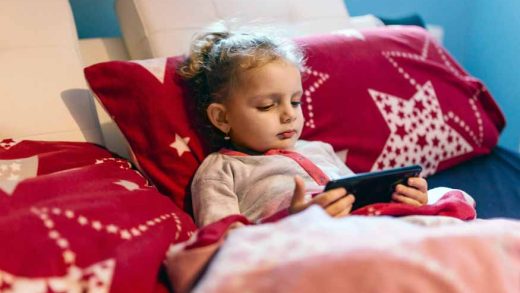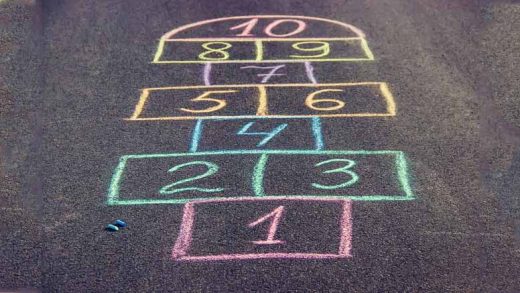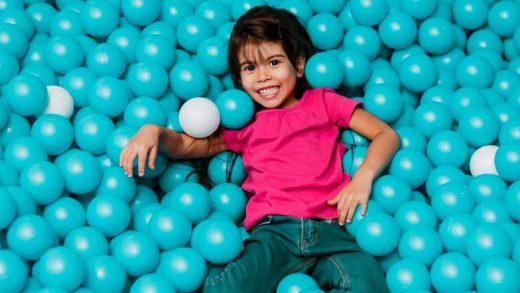Is it possible for a child to acquire knowledge while enjoying themselves and playing a game? Of course! This is known as “structured play” in the context of preschool education, and it’s one of the most effective ways to teach young children new things.
The forms of structured play are numerous. It can be any mental or physical exercise that gives preschoolers new skills. Basic information or assistance with their physical growth can be included in the skills.
Playing with structure helps you teach your child while having fun. Children frequently are unaware that they are learning, and adults can enjoy themselves just as much by coming up with creative activities that are ways to keep them engaged!
What is Structured Play?
Activities that provide your preschooler with a clear learning objective are referred to as “play with a purpose,” or structured play. It could involve honing vital physical skills like gross and fine motor abilities or acquiring a specific life skill like teaching the months of the year.
Games and activities involving structured play are typically guided by instructors. The play’s tone is established by a parent, teacher, or other reliable adult—even an older brother. After that, the adult assists the preschooler in achieving their objectives or goes over the learning aim.
Providing a range of activities throughout the day is another benefit of dividing up-regulated playtime. Additionally, when you play, your preschooler is more likely to be interested in adhering to the rules and learning the lesson you are attempting to teach.
Regular Household Tasks and Structured Play
Play for children can be creative activities incorporated into daily tasks and household responsibilities by parents working with their preschoolers. While your child thinks they’re just having fun, getting them engaged in tasks like folding laundry or tidying up their toys teaches them responsibility and other skills.
- Folding laundry:
- Toy clean-up:
- Around the house:
- Yard work:
Invite your preschooler to assist you in this chore. Show children how to separate the clothes of different family members and recognize a matching pair of socks.
Set an objective for your kids to follow when it comes to gathering their toys. Give them a five-minute time limit to gather as many toys as they can, for example. Make it into a stop-and-go game where they have to remain motionless when you say “stop.” Practice classifying toys based on colour or category (e.g., building blocks versus plush animals) and show them where to put each one.
Encourage your youngster to skip to the bathroom to wash their teeth or to bunny hop to make going from room to room enjoyable. To keep them moving as they watch you cook, play freeze dance and turn on some music.
After a windstorm, set a goal for your preschooler to gather as many little twigs as they can. Invite them to assist you in sowing flowers or seeds in the garden, and let them know which veggies they will get to eat as the plant develops. As the garden grows, they can continue to assist in little ways (like pulling weeds) and learn about the natural cycles.
What are the Benefits of Structural Play?
- Growth of Mental Capabilities
- Promotion of Imagination and Creativity
- Development of Self-Esteem and Self-Confidence
- Getting Ready for Education and Life
Through the encouragement of problem-solving, critical thinking, and decision-making abilities, structured play promotes cognitive development. Children’s minds are challenged by activities like games, puzzles, and educational toys, which also motivate them to experiment, explore, and find new solutions.
Children who participate in structured play can express themselves and explore their artistic abilities. This helps to develop their creativity and imagination. Children can let their imaginations and creativity run wild in controlled and supervised ways through creative play for children like role-playing, storytelling, and arts and crafts.
As they finish activities, figure out difficulties, and attain goals, youngsters participating in structured play feel a sense of mastery and achievement. Children’s self-confidence and self-esteem are increased when adults provide them with positive reinforcement and encouragement during structured play activities.
Children who engage in structured play are better able to acquire critical school readiness skills including paying attention in class, following directions, and working both independently and cooperatively. These abilities are necessary for navigating social and educational contexts as well as for academic performance.
Examples of Play that are Structured
Although the term “structured play” seems formal and serious, it actually allows kids an opportunity to have fun. It only has an aspirational core objective. Even being highly formal or structured doesn’t have to be the case. Play that is planned can be as simple as teaching a child to throw by having them toss a ball into a laundry basket.
Some instances of organised play are as follows:
- Board games
- Puzzles
- Games for sorting
- Activities from subscription boxes with developmentally appropriate content
- Games that promote following instructions, like “Simon Says”
- Any kind of class that you can sign up your kid for, including music
- Age-appropriate organised sports teams or programs, such swim or soccer
The promotion of children’s learning and development in a variety of subject areas can be aided by structured play. Children have meaningful opportunities to learn, develop, and flourish through structured play activities that intentionally provide supervision, direction, and support.
Incorporating structured play into children’s daily routines can help caregivers, educators, and parents cultivate critical skills, promote creativity, and build the groundwork for success and lifetime learning. We can assist kids in realising their full potential and laying a solid foundation for the future by utilising the power of controlled play. Easily contact Kangaroo Kids International Preschool for further assistance.









